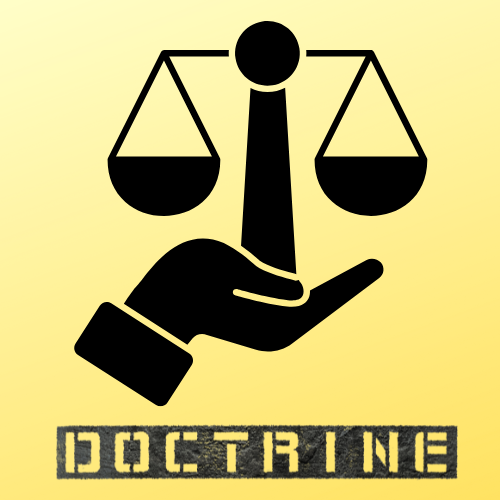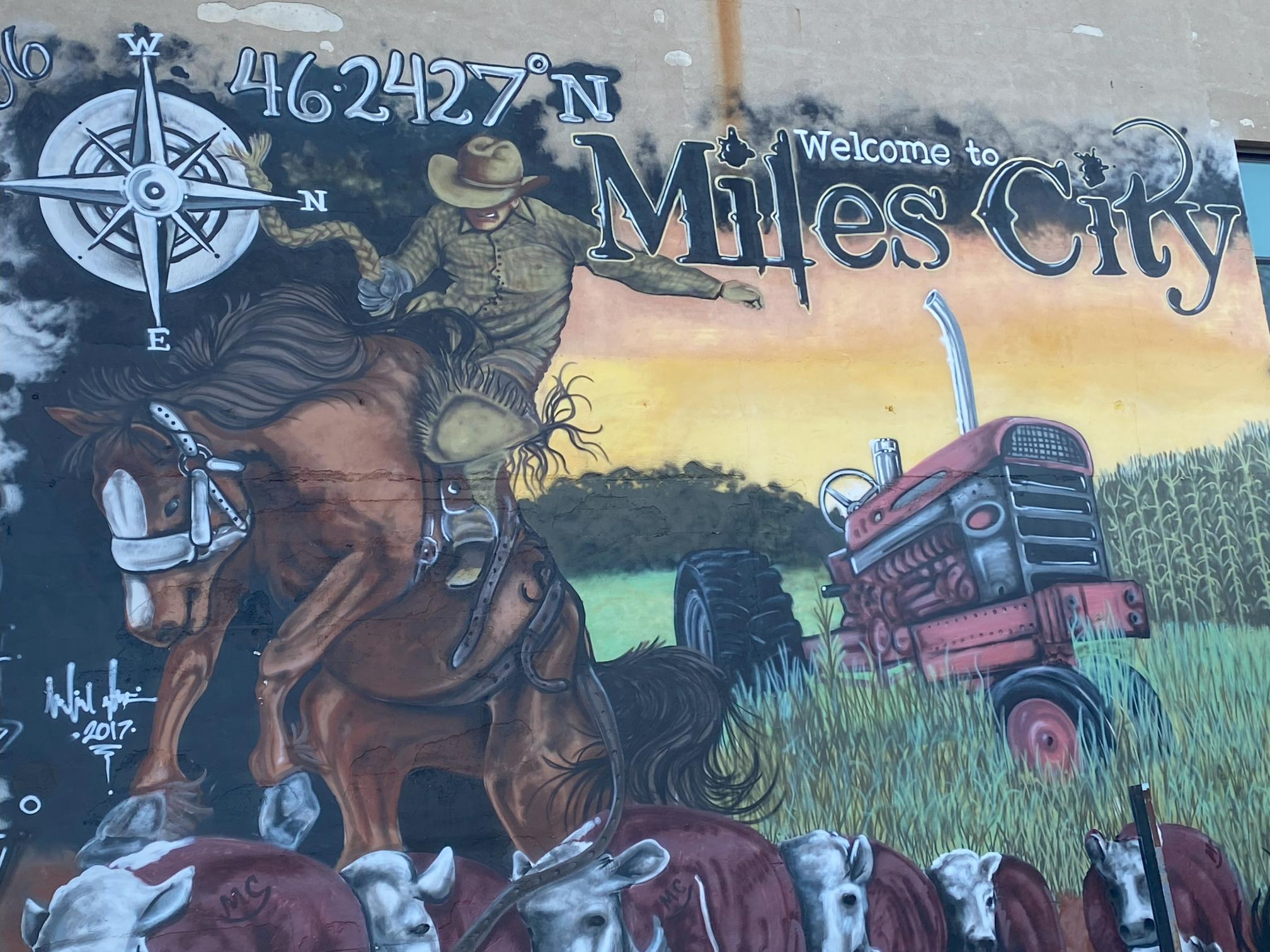
What You Need to Know
What is Workers’ Compensation Insurance?
Workers’ compensation is a type of insurance designed to provide wage benefits and medical care to employees who suffer work-related injuries or illnesses.

Workers’ compensation is a type of insurance designed to provide wage benefits and medical care to employees who suffer work-related injuries or illnesses.
This system protects both employees and employers by ensuring injured workers receive necessary care and compensation while shielding employers from potential lawsuits.
Key Features of Workers’ Compensation Insurance:
- Disability benefits: Partial income replacement for work-related injuries or illnesses.
- Medical benefits: Coverage for necessary medical treatment, usually without limits or deductibles.
- Death benefits: Compensation to dependents, including weekly payments and funeral expenses.
- Rehabilitation benefits: Services to help injured workers recover and return to work.
Historical Context of Workers’ Compensation
Before the establishment of workers’ compensation laws, employees had to sue their employers and prove fault to receive compensation for work-related injuries. Employers often avoided liability through three common law defenses:
- Assumption of Risk: Workers assumed the risk of injury by accepting the job.
- Contributory Negligence: Employees could be found partially at fault for their injuries.
- The Fellow Servant Rule: Employers were not liable for injuries caused by other employees.
Modern workers’ compensation laws operate on a no-fault basis, with employers agreeing to pay for occupational injuries or diseases according to statutory benefits.
Modern workers’ compensation laws operate on a no-fault basis, with employers agreeing to pay for occupational injuries or diseases according to statutory benefits.

Montana Workers’ Compensation Law
In Montana, workers’ compensation insurance is mandatory for most employers, including those in the agricultural sector.

The Montana Workers’ Compensation Act (MCA 39-71-401) applies to all employers and employees, with some exceptions.
Key Points of Montana’s Workers’ Compensation Law:
- Mandatory Coverage: All employers must provide coverage, regardless of the number of employees.
- Agricultural Workers: Farm and ranch employees are required to be covered.
- Compensation Plans: Employers must choose one of three compensation plans (detailed below).
- Exclusive Remedy Protection: The law provides exclusive remedy protection for compliant employers.
Understanding Exclusive Remedy in Workers’ Compensation
Exclusive Remedy is a legal doctrine that limits an employee’s right to sue their employer for work-related injuries or illnesses.

Under this principle, workers’ compensation benefits become the “exclusive remedy” for injured workers, meaning they cannot pursue additional compensation through a civil lawsuit against their employer.
Benefits of Exclusive Remedy:
- For Employers: Protection from costly lawsuits; predictable costs for workplace injuries.
- For Employees: Guaranteed benefits without having to prove employer fault; faster access to medical care.
Exceptions to Exclusive Remedy:
- Intentional acts by the employer.
- Dual capacity claims where the employer has a separate relationship with the employee.
- Third-party claims against parties responsible for the injury.
Three Workers’ Compensation Plans in Montana
Montana offers three distinct plans for workers’ compensation insurance:
1. Self-Insurance (Plan No. 1)
- Allows large, financially stable employers to self-insure.
- Requires approval from the Department of Labor and Industry.
- Employers are directly responsible for paying claims.
2. Private Insurance (Plan No. 2)
- Employers purchase insurance from authorized private companies.
- Insurance companies assume the risk and pay claims.
- Offers a competitive market with multiple options.
3. State Fund (Plan No. 3)
- Operated by the Montana State Fund, a nonprofit public corporation.
- Provides a competitive option
- Ensures all employers have access to coverage.
Coverage for Temporary Out-of-State Workers
For farm and ranch owners in Montana, understanding how workers’ compensation coverage applies when employees temporarily work out of state is crucial.
Other States Insurance:
This coverage is designed to provide protection for incidental exposures in states not listed in the main coverage section of the policy.
Important Considerations:
- Limited Scope: This coverage is intended for temporary or incidental work.
- State-Specific Requirements: Some states may have unique requirements for out-of-state employers.
- Monopolistic States: Special consideration is needed for work in monopolistic fund states (North Dakota, Ohio, Washington, Wyoming).
Funding Methods for Workers’ Compensation

There are five basic methods for funding workers’ compensation benefits:
- Private Insurance Companies
- Monopolistic State Funds
- Competitive State Funds
- Self-Insurance
- Group Self-Insurance
Proper funding ensures that benefits can be paid over long periods as required by law.
Premium Computation
Workers’ compensation premiums are based on several factors:
- Employer’s Payroll: Total payroll for the business.
- Job Classifications: The risk associated with different job roles.
- Experience Rating: Based on past claims history.
A deposit premium is collected initially, with the final premium determined after a payroll audit at the end of the policy period.
Occupational Risks for Farm and Ranch Workers
Agricultural workers face unique occupational health risks, including:
- Allergic Diseases: Such as contact dermatitis.
- Respiratory Diseases: Including asthma and chronic obstructive pulmonary disease (COPD).
- Zoonotic Diseases: Diseases like Lyme disease, Anaplasmosis, Brucellosis, and Cryptosporidiosis that can be transmitted from animals
- Pesticide-related illnesses: Both short-term and long-term illnesses due to pesticide exposure.
- Musculoskeletal injuries: Due to repetitive, forceful, or prolonged exertions of the hands, frequent or heavy lifting, pushing, pulling, or carrying of heavy objects.
Providing workers’ compensation coverage protects both employees and businesses from the financial impact of these potential health issues.

At Armor Insurance Agency, we are dedicated to helping Montana farmers and ranchers navigate the complexities of workers’ compensation insurance. Protecting your workers and your livelihood is essential in our agricultural landscape.

For more information or to discuss your specific needs, contact Armor Insurance Agency today!
FAQs
Do I need workers’ compensation insurance for my farm or ranch?
Yes! Montana law mandates, with some exceptions, that all employers with employees, including agricultural operations, provide workers’ compensation coverage.
What types of injuries are covered?
Workers’ compensation covers a wide range of injuries, including accidents involving machinery, animal-related injuries, respiratory issues, and more.
How do I file a claim?
Notify your insurance provider immediately after an injury occurs and ensure the injured employee receives appropriate medical care. Document the incident thoroughly for claims purposes.
Can I choose between private insurance and the Montana State Fund?
Absolutely! Montana’s competitive market allows you to choose between private insurers and the state fund based on your needs.
What happens if I don’t provide workers’ compensation insurance?
Failing to provide required coverage can result in legal penalties, fines, and exposure to significant financial liabilities from injured employees.
Are seasonal or part-time workers exempt?
No, the Migrant and Seasonal Agricultural Worker Protection Act (MSAWPA) establishes a private right of action for actual or statutory damages (as well as criminal and administrative sanctions) against employers and contractors (e.g., farm labor contractors) of migrant or seasonal agricultural workers who violate the Act’s housing and motor vehicle safety requirements, motor vehicle liability insurance requirements, and job information disclosure requirements.
Employers can obtain coverage by purchasing a “Migrant and Seasonal Agricultural Worker Protection Act Coverage Endorsement” (WC 00 01 11) to a standard workers compensation policy.

